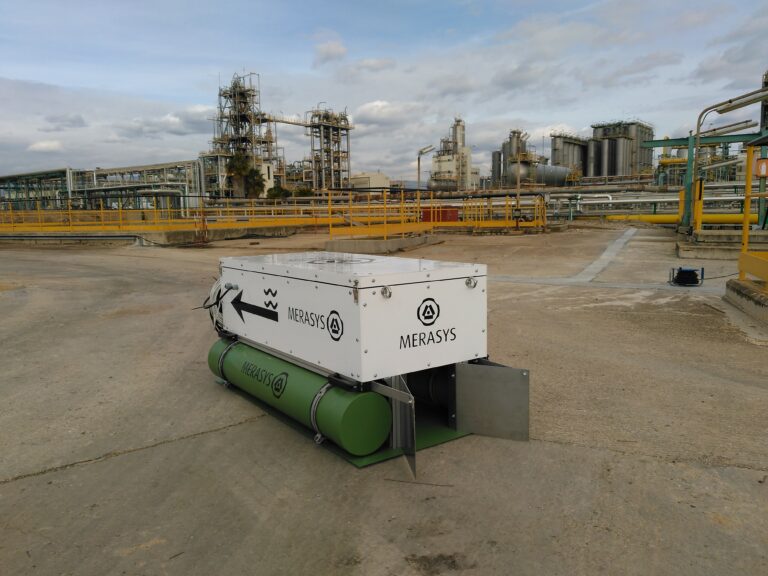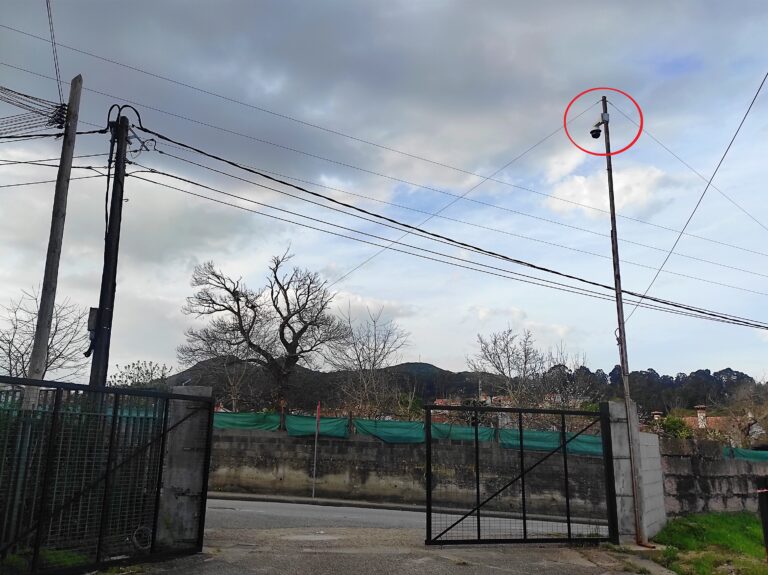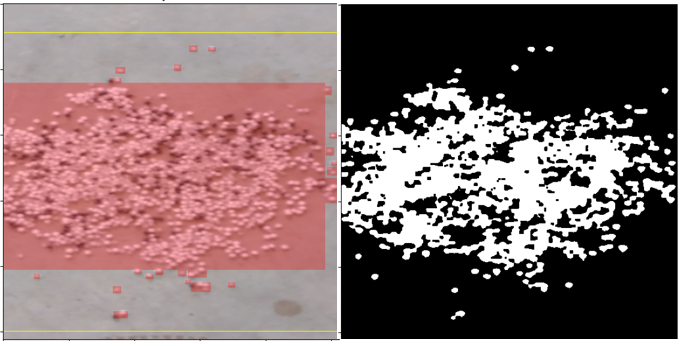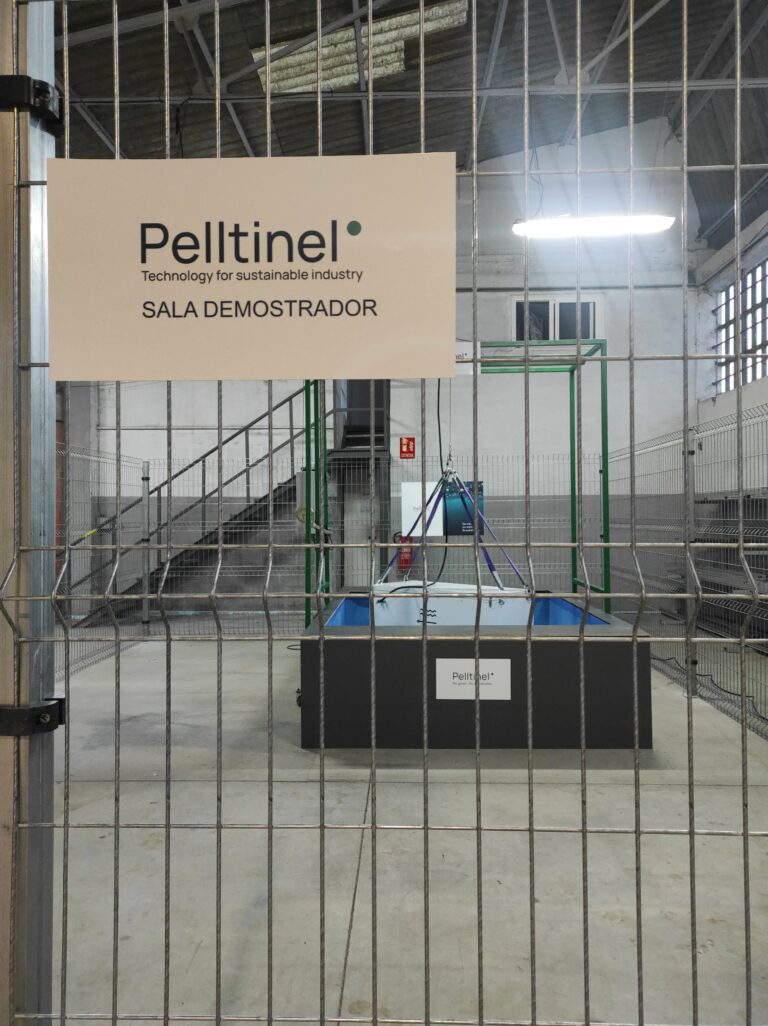Pelltinel is a cutting-edge digital solution, operating 24/7, that uses Computer Vision and Real-Time Remote Monitoring technologies to detect, monitor and measure the presence of microplastics. It provides accurate, traceable data to be used in the prevention of microplastics loss into the environment.
It is made up of the following components:
FLOID - Floating Inspection Device. A stand-alone floating device designed to accurately detect and quantify plastic pellets in liquid flows at industrial sites.
CABID - Catch Basin Inspection Device. Designed to be installed in catch basins, detecting any microplastics on the liquid's surface.
MOID - Mobile Inspection Device. A solution based on a smart application, that operates on any mobile device, so that photos can be taken at almost any point.
FCID - Fixed Camera Inspection Device. A system of one or more high-resolution fixed cameras for the detection of microplastics across large areas, such as loading and unloading zones, internal roads and parking zones, as well as vehicles.
GIS - Geographic Information System. A visual, geographic analysis of each microplastics detection event. Through data collected across the components, the GIS can generate heat maps, reports and form predictions.
Pelltinel is a cutting-edge digital solution, operating 24/7, that uses Computer Vision and Real-Time Remote Monitoring technologies to detect, monitor and measure the presence of microplastics. It provides accurate, traceable data to be used in the prevention of microplastics loss into the environment.
It is made up of the following components:
FLOID - Floating Inspection Device. A stand-alone floating device designed to accurately detect and quantify plastic pellets in liquid flows at industrial sites.
CABID - Catch Basin Inspection Device. Designed to be installed in catch basins, detecting any microplastics on the liquid's surface.
MOID - Mobile Inspection Device. A solution based on a smart application, that operates on any mobile device, so that photos can be taken at almost any point.
FCID - Fixed Camera Inspection Device. A system of one or more high-resolution fixed cameras for the detection of microplastics across large areas, such as loading and unloading zones, internal roads and parking zones, as well as vehicles.
GIS - Geographic Information System. A visual, geographic analysis of each microplastics detection event. Through data collected across the components, the GIS can generate heat maps, reports and form predictions.


The main goals of the Pelltinel solution:
![]() DETECT – Detect uncontrolled pellet spillages at an early stage, allowing for the timely implementation of any necessary mitigation actions.
DETECT – Detect uncontrolled pellet spillages at an early stage, allowing for the timely implementation of any necessary mitigation actions.
![]() PROTECT – Protect the environment by reducing the number of pellets lost.
PROTECT – Protect the environment by reducing the number of pellets lost.
![]() ANALYSE - Analyse data history, identify recurring problems and make predictions to prevent future incidents.
ANALYSE - Analyse data history, identify recurring problems and make predictions to prevent future incidents.
![]() MINIMISE – Minimise the amount of microplastics lost during operations within the plastics industry.
MINIMISE – Minimise the amount of microplastics lost during operations within the plastics industry.










Pelltinel is a patented technological product that uses Computer Vision and Real Time Remote Monitoring technologies to detect and monitor the presence of plastic pellets at different industrial sites. It can help to identify areas where plastic pellet loss is occurring and provide data that can be used to develop targeted interventions to prevent or reduce such losses. The solution helps companies across the plastics value chain to reduce overall pellet loss to the environment, protecting our ecosystems and oceans.
Pelltinel is aimed for all companies across the plastics value chain who wish to reduce their negative environmental impact and work towards more sustainable practices. This includes not only plastic pellet producers but also companies involved in the handling, transportation, storage, conversion and recycling of plastic products. Each stage of the plastics supply chain presents opportunities for reducing plastic pollution, from improving manufacturing processes to investing in innovative technologies for more efficient waste management strategies.
The Pelltinel solution uses several advanced technologies:
Pellets, also known as nurdles, are a type of microplastic that serve as the raw material for creating different plastic products. Unfortunately, if they are not properly managed, they can contribute to plastic pollution in the environment. During their production, handling and transportation they can easily spill and escape into the environment - harming our ecosystems and contributing to marine debris. They are often ingested by animals, release harmful chemicals and are washed up onto our shores for decades. It is therefore essential that all companies across the plastics value chain implement better practices to reduce pellet loss and protect our environment.
Operation Clean Sweep® is a global initiative whose main objective is to reduce the loss of plastic pellets to the environment. All companies across the plastics value chain are encouraged to participate. Those who pledge to OCS must implement more sustainable measures in their industrial complexes, with the aim of zero pellet loss.



